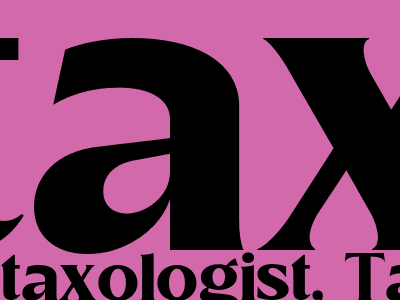
Taxologist: A Comprehensive Guide to Brazil's Tax Laws
Introduction
Navigating tax laws is pivotal for ensuring compliance, optimizing financial decisions, and avoiding legal repercussions. This guide aims to provide a comprehensive overview of Brazil's tax laws, empowering individuals and businesses with the knowledge necessary to navigate this complex legal landscape.
Types of Taxes in Brazil
Federal Taxes
Administered by the Brazilian Federal Revenue Service, federal taxes include income tax, corporate tax, social contribution tax, and taxes on imported goods. Value-added tax (VAT) and excise taxes also fall under federal jurisdiction.
State Taxes
Governed by individual Brazilian states, state taxes primarily consist of the Sales and Services Tax (ICMS) and the Tax on the Circulation of Goods and Services (IPVA). These taxes are levied on retail sales, services, and the ownership of vehicles, respectively.
Municipal Taxes
Municipalities in Brazil impose taxes known as the Property Tax (IPTU) and the Urban Services Tax (ISS). The IPTU is levied on property ownership, while the ISS is charged on services rendered within municipal boundaries.
Tax Rates and Regulations
Corporate Income Tax (IRPJ)
Companies in Brazil are subject to an IRPJ rate of 15%. However, certain industries and activities may be eligible for tax exemptions or reductions.
Personal Income Tax (IRPF)
Progressive personal income tax rates range from 7.5% to 27.5%, with deductions and exemptions available for specific expenses. Individuals with higher incomes may be subject to additional taxes, such as the Wealth Tax.
ICMS
ICMS rates vary depending on the state and the type of goods or services being taxed. The standard rate is 17%, but some essential items are exempt or subject to reduced rates.
Tax Filing and Compliance
Taxpayers in Brazil are required to file annual tax returns, which vary depending on the type of tax. Compliance with tax laws is crucial, and failure to do so can result in penalties and fines.
Tax Authorities and Resources
Brazilian Federal Revenue Service (RFB)
The RFB is the primary tax authority in Brazil, responsible for administering and enforcing tax laws. It provides guidance and support to taxpayers through its website and local offices.
State Tax Administrations (SEFAZs)
Each state in Brazil has its own tax administration (SEFAZ), which oversees the administration and collection of state taxes within its jurisdiction.
Municipal Tax Offices
Municipalities have their respective tax offices responsible for managing and collecting local taxes, such as IPTU and ISS.
Conclusion
Understanding Brazil's tax laws is essential for individuals and businesses operating within the country. By staying informed about the types of taxes, rates, regulations, and compliance requirements, taxpayers can minimize their tax liabilities and ensure compliance with legal obligations.